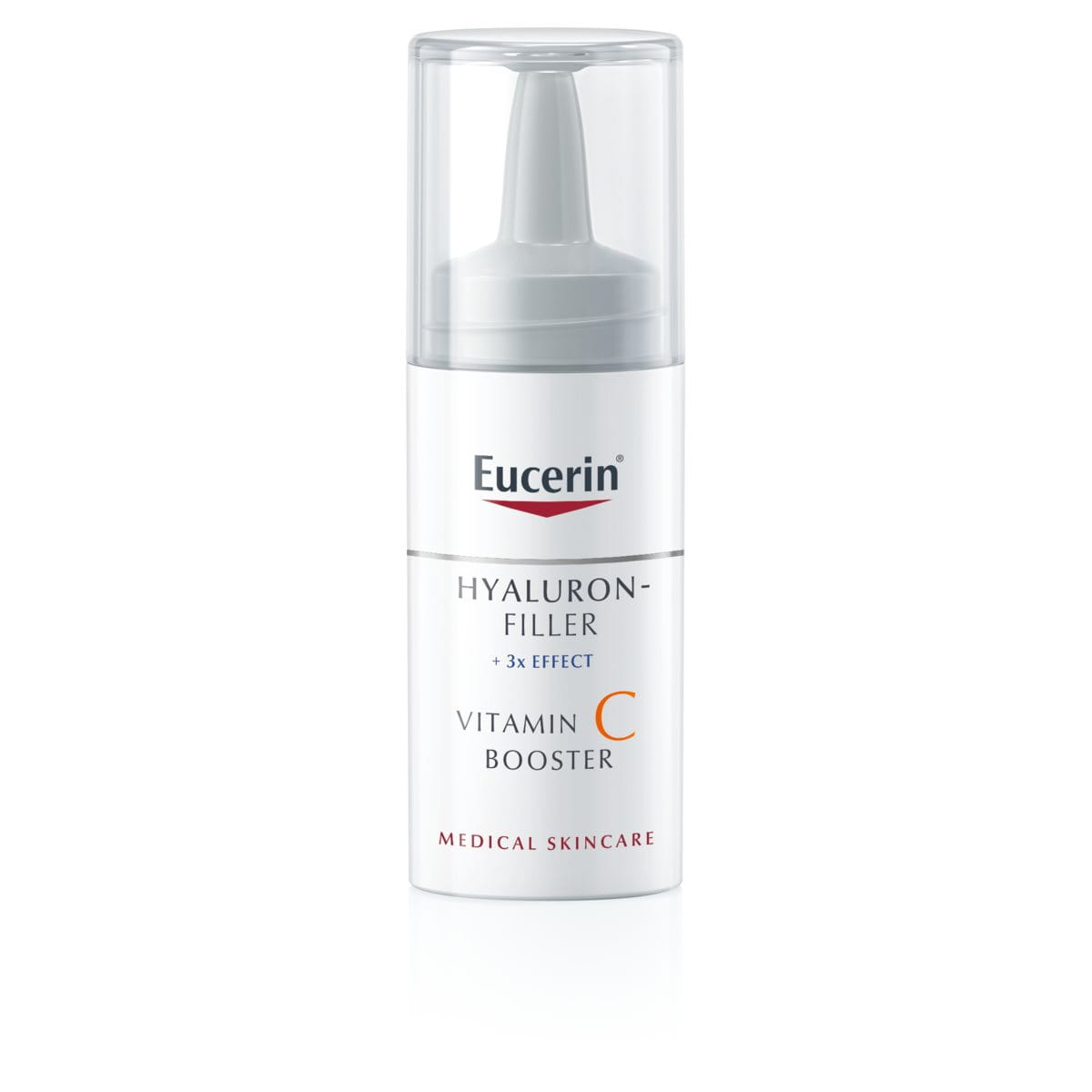Vitamin D
Vitamin D is an important substance necessary for many vital processes within the body. UVB light from the sun turns a precursor substance - 7 dehydrocholesterol, in the skin into vitamin D3 (cholecalciferol), which is further processed to 25-Dihydroxyvitamin D in liver and epidermis which is then metabolized to the active form, 1,25 Dihydroxyvitamin D, in kidney and epidermis.
Low vitamin D levels can also lead to an increased risk of bone fractures, and an increased risk of depression. Getting adequate levels of UVB exposure is therefore vital. If this is not possible, supplementing the diet with vitamin D can be beneficial, although one should always consult a doctor before taking any dietary supplement.




